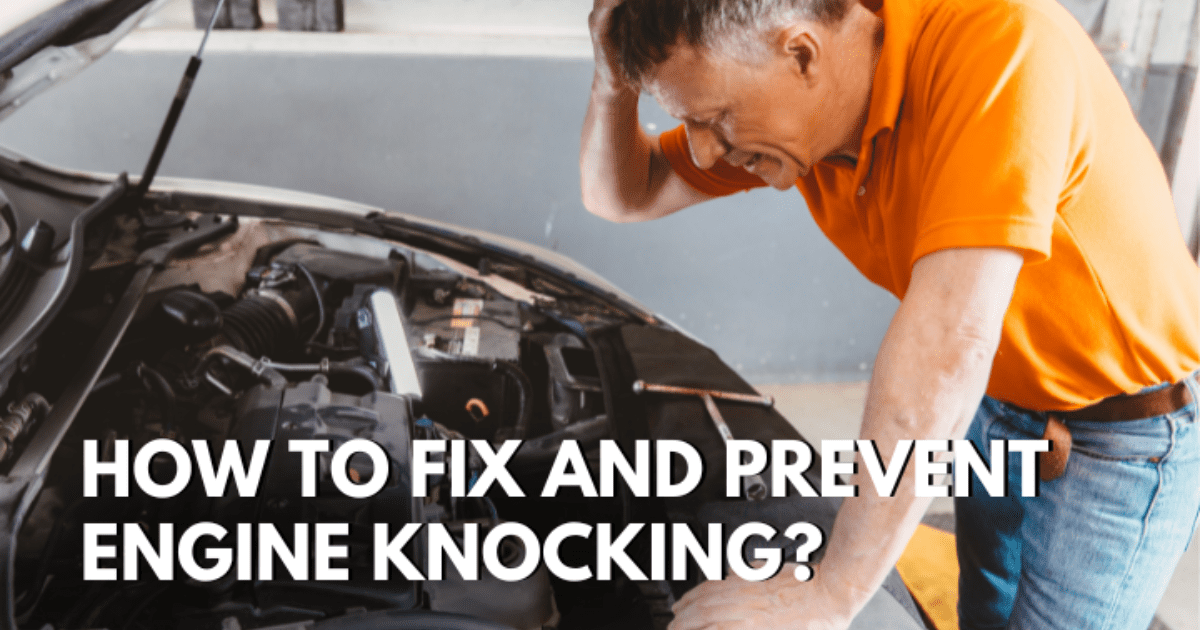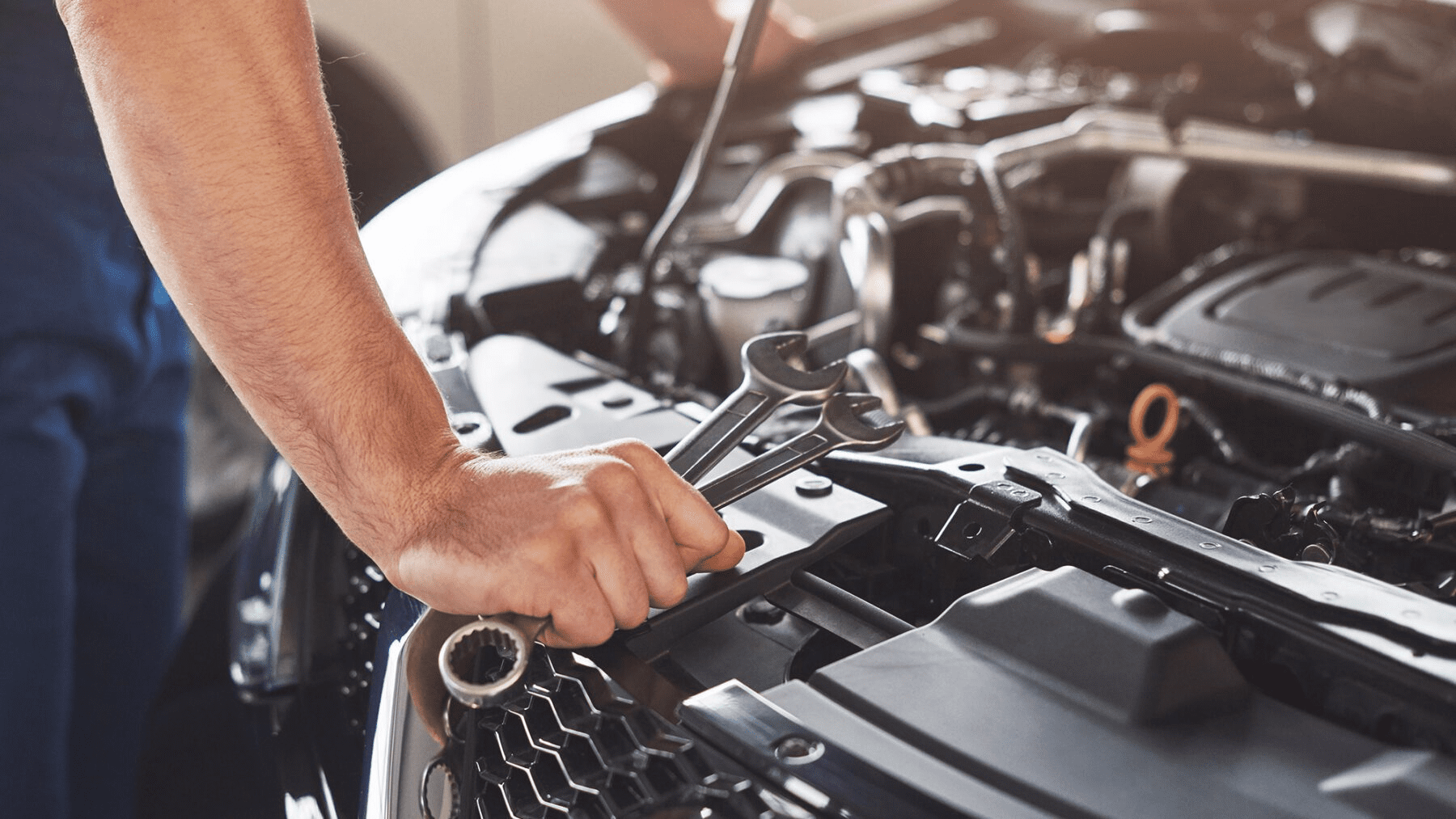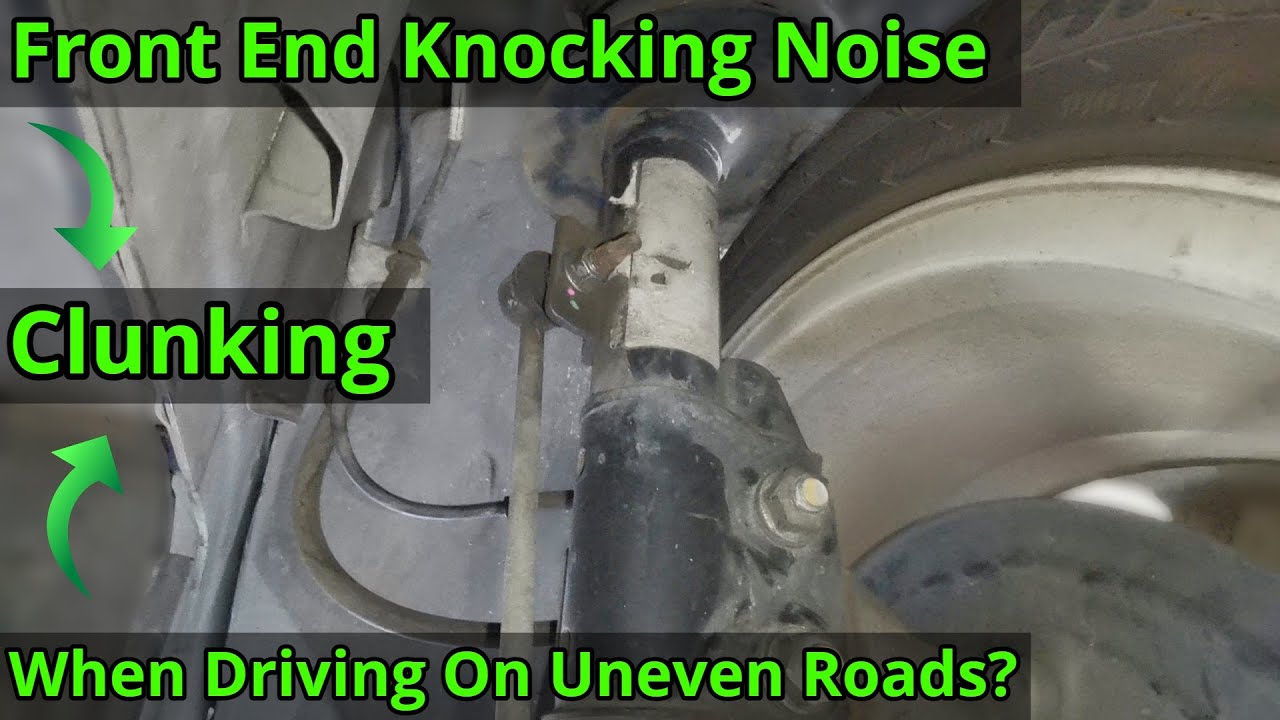Engine banging is a major problem that can shorten the life of an automobile and reduce its performance. This happens when the engine’s combustion chamber explodes too soon due to an air-fuel combination.
Engine banging can have many reasons, however, this article will go into those causes, typical indications, preventative measures, and how to fix it.
Causes of Engine Knocking:

- Engine knocking can occur when using low-quality or low-octane fuel because it burns more quickly and can cause uncontrolled detonation.
- Carbon Deposition: When carbon accumulates on the surfaces of the combustion chamber, it can cause hot spots to form, which in turn can lead to banging and early combustion.
- Problems with Ignition Timing: Knocking can occur if the spark plug ignites the air-fuel mixture too soon or too late, depending on how the ignition timing is set.
- When an engine gets too hot, the pressure inside the combustion chamber rises, which can cause problems like banging and pre-ignition.
- The inability to ignite the fuel mixture properly due to worn-out or broken spark plugs is one possible cause of knocking.
Common Signs of Engine Knocking:

- Engine knocking, heard most noticeably under acceleration or severe load situations, makes a distinctive metallic banging sound, similar to tapping or pinging sounds.
- Reduced Engine Power and Performance: Knocking might reduce engine power and performance in general.
- Fuel Use Decline: Reduced combustion efficiency due to knocking might raise fuel use decline.
Prevention of Engine Knocking:
- To lessen the likelihood of knocking, use high-quality gasoline. Make sure to choose fuels with the recommended octane level.
- Replacement of spark plugs, air filters, and fuel filters should be part of routine maintenance performed on a regular basis in accordance with the manufacturer’s instructions.
- To avoid engine overheating, keep the cooling system well-maintained.
- To maintain the engine clean and free of carbon deposits, use fuel additives.
Troubleshooting and Repair:
- Make Sure Ignition Timing Ignite the engine and make any required adjustments.
- Check the spark plugs:\ Spark plugs should be properly gapped and replaced when worn or damaged.
- Carbon Deposits That Are Safe: To get rid of carbon deposits from the engine, use a carbon-cleaning solution or decarbonization services.
- Inspect the Cooling System for Any Problems, Blockages, or Leaks That Might Be Causing the Engine to Overheat.
Conclusion:
You must act quickly to prevent serious harm to the engine if it starts knocking. Knocking in your vehicle can be minimized by learning the reasons, identifying the indications, and taking preventative steps. You can keep your engine in top shape and enjoy safer, more efficient driving with regular maintenance and the right kind of troubleshooting.
No matter what you do, if the banging continues, it is imperative that you seek the advice of a qualified automotive technician for an accurate diagnosis and repair. You may prolong the life of your engine and improve your driving experience by taking measures to prevent banging.




